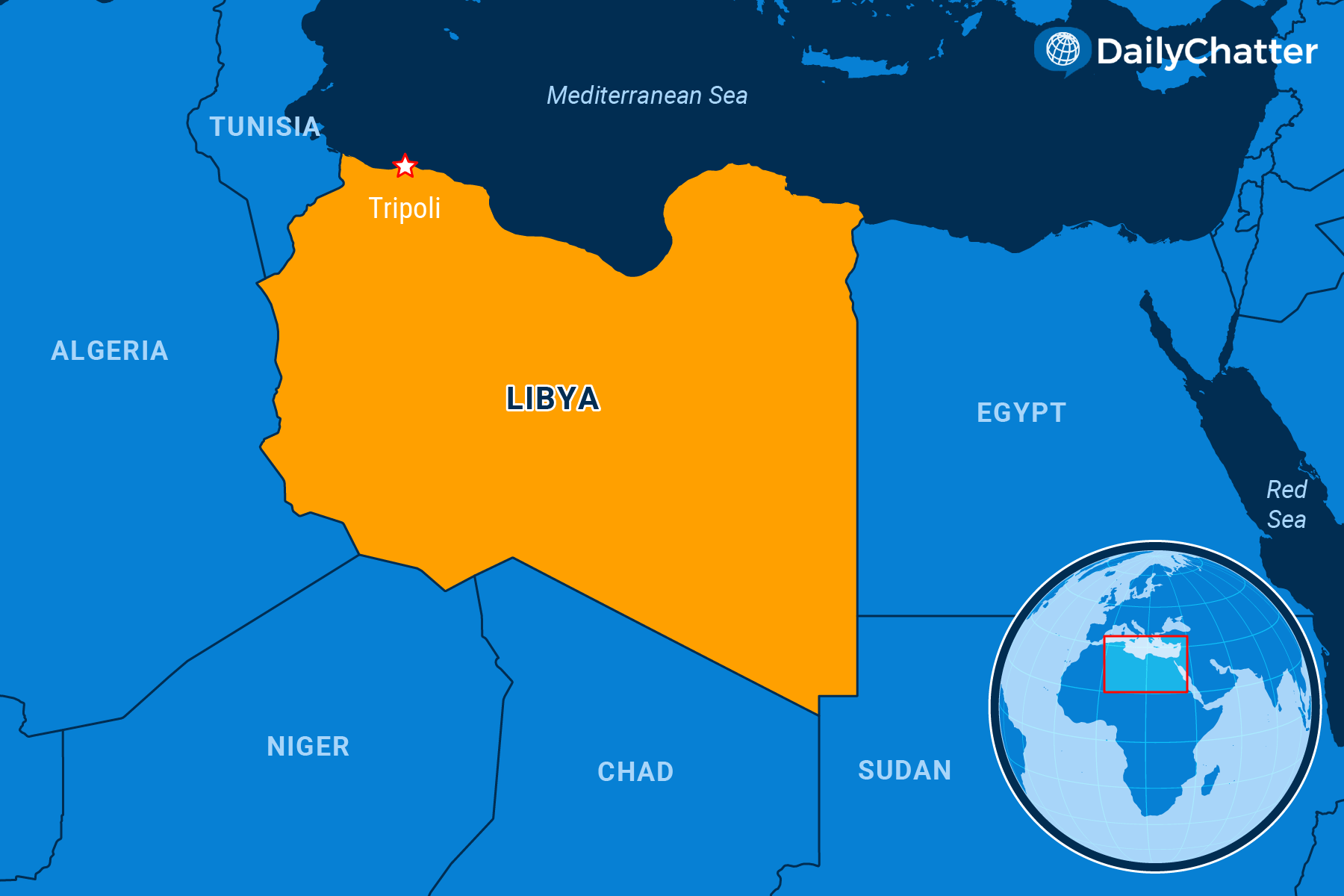Need to Know
September 05, 2023Stumbling To the Starting Line
Libya

|
Listen to Today's Edition
|
Libyan Foreign Minister Najla al-Mangoush fled to Turkey last week after the oil-rich country’s prime minister, Abdul Hamid Dbeibah, sacked her amid protests stemming from news that she had met with the Israeli foreign minister in Rome.
Israel’s Foreign Minister Eli Cohen, who publicly announced the meeting, billed it as a historic step towards Libya recognizing Israel. At present, Libya doesn’t recognize the Jewish state. Dbeibah likely approved or at least knew of the meeting. But most Libyans, who are Arabs, support the Palestinian cause.
After Dbeibah fired al-Mangoush, Palestinians thanked him for refusing to normalize ties with Israel, the Anadolu Agency wrote. American officials and others, meanwhile, were angry, saying that making the sit-down public would ruin the chances of establishing those ties in the future, according to the Times of Israel.
Libya also has an anti-Semitic past. As the BBC explained, Libya’s Jewish community is ancient. But few Jews remain in the North African country. Many suffered persecution in World War II, and again the under anti-Semitic policies of Muammar Gaddafi, who ruled the country from 1969 until his overthrow in the Arab Spring of 2011.
The civil unrest intensified the political crisis that has been gripping Libya for more than a decade since.
Currently, Libya has two rival legislatures – one in the capital of Tripoli and another in the eastern city of Tobruk. They recently met in Morocco to draft electoral laws with an eye toward holding elections and creating a unified government. But leaders of the two legislatures backed out at the last minute, the Economist reported.
Rules over who can run for president have also bogged down negotiators who are torn over allowing Libyans with dual nationality or military personnel to stand. These rules would affect the political fortunes of the strongman who runs the eastern government, Gen. Khalifa Haftar, the Tahrir Institute for Middle East Policy noted.
Meanwhile, fighting between various groups in the country continues, wrote Al Jazeera. Just last month 55 people perished within a one-week period in Tripoli in the battles, for example. Foreign countries, including Western European powers as well as Russia and Turkey, have also deployed forces in the country to support various interests.
The way forward is not clear. The United States Institute for Peace recently argued that elections were not a “panacea for addressing this byzantine conflict’s deeply rooted drivers and the intense, bitter rivalries and factionalism that have surfaced since 2011.”
Libya needs more than democracy. But it could be a start.
Not already a subscriber?
If you would like to receive DailyChatter directly to your inbox each morning, subscribe below with a free two-week trial.
Support journalism that’s independent, non-partisan, and fair.
If you are a student or faculty with a valid school email, you can sign up for a FREE student subscription or faculty subscription.
Questions? Write to us at hello@dailychatter.com.

